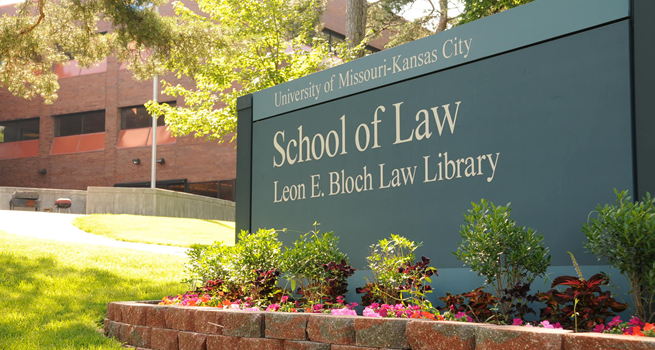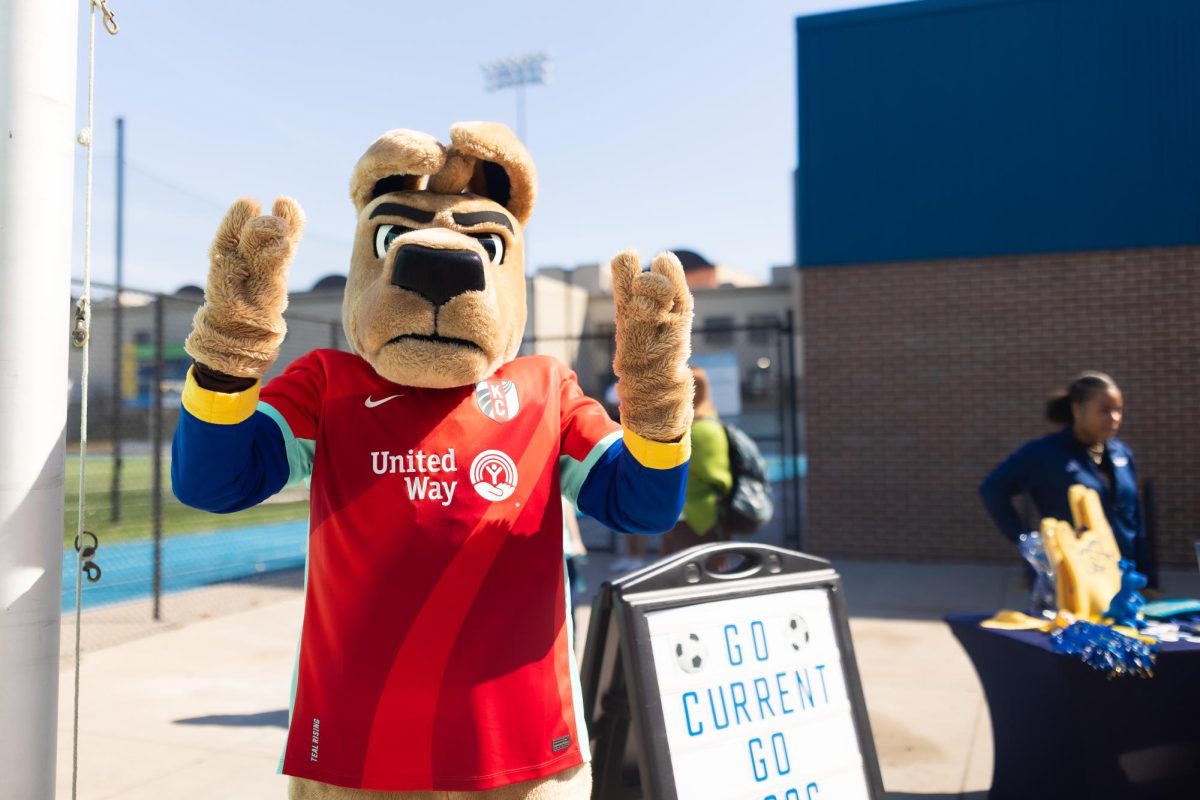Proctoring and Personal Privacy
A Reflection of a Philosophy Class Discussion
Photo provided by the University of Missouri-Kansas City
A Philosophy class discusses the legality of online proctoring.
November 30, 2022
During peak season of COVID-19, reports of academic dishonesty soared at universities across the nation.
As a result of having to take tests at home, many schools opted to use various methods to try and reduce cheating while away from the classroom.
“I’m sure someone tries to cheat every now and then, but I don’t suspect it’s common,” said UMKC Associate Professor of Law Edward Cantu.
Professor Cantu delivers his tests in person, and allows open textbooks and notes.
“In my book, when it comes to corruption, it’s one strike and you’re out,” Cantu said.
However, online testing often involves downloading third-party test proctoring softwares. These keep track of students’ computer activity while test taking, aiming to prevent cheating.
Cleveland State University in Ohio, uses a software called Honorlock, a browser lockdown software used for test proctoring that also requires the use of a webcam.
Before beginning one of his tests at home in the Spring of 2021, Aaron Ogletree, a student at Cleveland State University, was required by Honorlock to scan his room using his webcam before he could take a chemistry exam.
Ogletree sued his university in August 2022 over this issue, claiming that a room scan is an unreasonable search and seizure, which we are protected against under the Fourth Amendment of the Constitution.
Cleveland State argued in court that room scans are not searches, and are limited in scope to ensure academic integrity.
However, in the U.S. Northern District of Ohio, Judge J. Philip Calabrese agreed with Ogletree’s assessment.
“Mr. Ogletree’s privacy interest in his home outweighs Cleveland State’s interests in scanning his room,” Calabrese said. “Cleveland State’s practice of conducting room scans is unreasonable under the Fourth Amendment.”
Cantu, who specializes in constitutional law at UMKC, has a different opinion of Judge Calabrese’s decision.
“I tend to disagree with Judge Calabrese, though not strongly. In short, my view is that the degree of intrusion, if we can even call it that, is low,” Cantu said. “In my book, the scales tip in favor of the school.”
One of my philosophy professors, Dr. Edith Nally, shares the sentiment of Cantu.
“I’m surprised that the judge found this practice in violation of the Fourth Amendment,” said Nally. “I think this is a classic case where a personal liberty conflicts with some other social good.”
In our class, social and political philosophy, we used this topic to explore whether or not Calabrese was right using Philosopher John Stuart Mill’s “Harm Principle.”
The Harm Principle is basically as follows: the government should not be able to restrict your liberty unless exercising your liberty will “harm” others. Your liberty in this case would be your right to personal privacy.
We agreed as a class that, under these circumstances, your liberty should be restricted, as people who are becoming lawyers and doctors should not be cheating. We want people working in jobs that handle the lives of others to be as ethically educated as possible.
“At least some of them will go on to work in settings where their knowledge of chemistry will have real safety implications,” Nally said. “Perhaps the lesson here is that exams like this one are better suited to an offline proctoring setting.”
rfsv75@umsystem.edu












